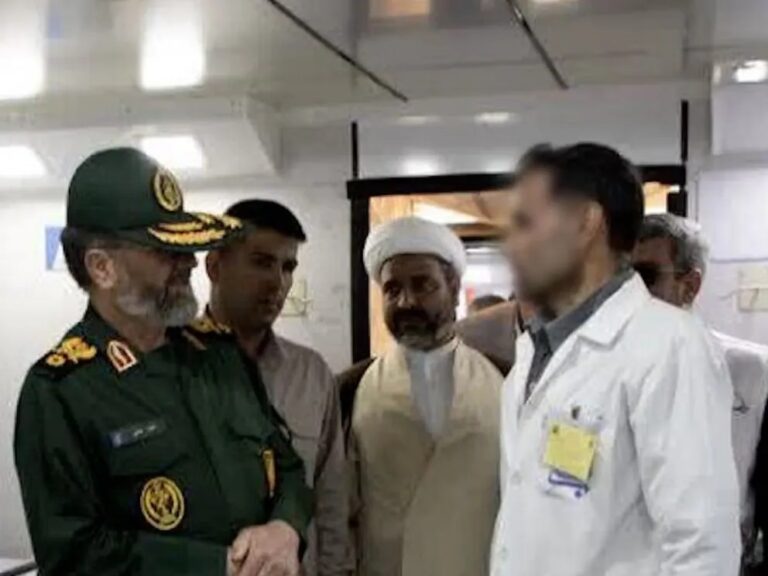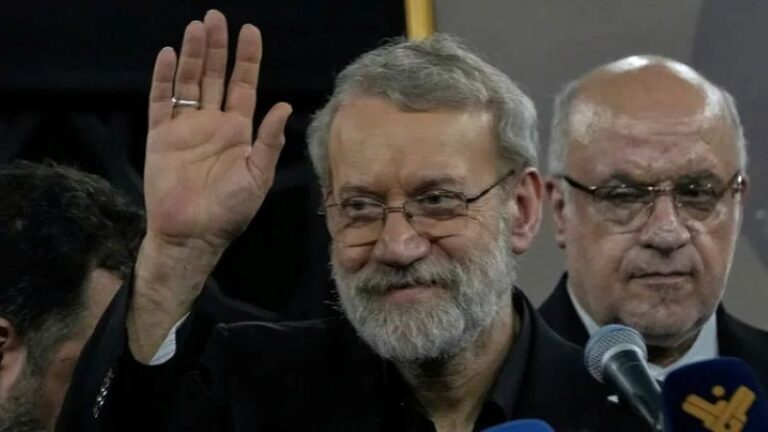 Prime Minister Binyamin Netanyahu on Thursday afternoon 23 Shevat 5774, at the 2014 World Economic Forum Annual Meeting in Davos addressed conference of global information technology leaders.
Prime Minister Binyamin Netanyahu on Thursday afternoon 23 Shevat 5774, at the 2014 World Economic Forum Annual Meeting in Davos addressed conference of global information technology leaders.
Attending the conference were Microsoft Chairman Bill Gates, CISCO Chairman and CEO John Chambers, Huawei Chairwoman Sun Yafang, Tata Consultancy Services CEO and Managing Director Natarajan Chandrasekaran, EMC Chairman and CEO Joseph Tucci, Accenture Chairman and CEO Pierre Nanterme and Chief Technology Officer Paul Daugherty, Akamai CEO Dr. Tom Leighton and Executive Vice Chairman Paul Sagan, SAP Co-CEO Bill McDermott, Proteus Digital Health Co-Founder and CEO Andrew Thompson, EU Commission Vice President Neelie Kroes, Colombian Information Technologies and Communications Minister Diego Molano Vega, BMC Chairman, President and CEO Robert Beauchamp, CA CEO Michael Gregoire, Cognizant CEO Francisco D’Souza, HCL Technologies President and CEO Anant Gupta, Hewlett-Packard Director Anne Livermore, Infosys CEO and Managing Director S.D. Shibulal, Iron Mountain President and CEO William Meaney, Qualcomm Chairman and CEO Dr. Paul Jacobs, Salesforce.com Chairman and CEO Marc Benioff, TIBCO Chairman and CEO Vivek Ranadivé, Wipro CEO T.K. Kurien, FIS President and CEO Gary Norcross, iGate President and CEO Ashok Vemuri, ICANN President and CEO Fadi Chehade, Nest CEO Tony Fadell and World Economic Forum Senior Directors Alan Marcus and Derek O’Halloran.
Prime Minister Netanyahu noted that Israel is an innovation nation and said that it is interested in sharing with the world the considerable know-how that we have accumulated in protecting industries from technology-based attacks. He added that sophisticated defensive capabilities are a prerequisite for any technology. He said that Israel is investing in teaching the subject at the secondary level and pointed out that the recently formed Israel National Cyber Bureau (INCB) is expanding cooperation with institutions of higher education in the country. He called on his interlocutors to come and grow with Israel.
Cyber studies are part of the curriculum in Israeli high schools, including as part of the Magshimim program to encourage excellence, training and development in the cyber and computer fields among 16-18-year-old youth in the periphery (Akko, Afula, Tel Chai, Ashkelon, Beersheva, Kiryat Gat and Ashdod).
The aforesaid program was established on the basis of the assumption that the State of Israel has qualitative human capital that can lead toward excellence in the cyber field and on the understanding that developing human capital will meet security needs and spur socio-economic growth. The program is supported by the INCB and led by the IDF in conjunction with security agencies, the Rashi Foundation, the National Lottery and the Education Ministry.
In December 2013, the government approved the creation of the Digital Israel initiative which is designed to find innovative ways to provide digital services to the public via the use of advanced technologies that allow for the rapid transfer of high-volume content over a fiber-optic (or other) infrastructure.
The initiative will facilitate public links with, and accessibility to, the education, health and social welfare systems in the State of Israel while reducing geographic and social gaps, thus drawing the periphery closer to the center. In the future, the initiative will be expanded to other relevant government ministries. The initiative will also promote the infusion of technological tools in both the business and public sectors, including in small businesses by (inter alia) encouraging online commerce and sharing information, reducing bureaucracy and using online means to improve public service efficiency without having to leave one’s home. The initiative is being led by the Prime Minister’s Office, including Director-General Harel Locker and Deputy Director General Yossi Catribas.
(YWN – Israel Desk, Jerusalem)










